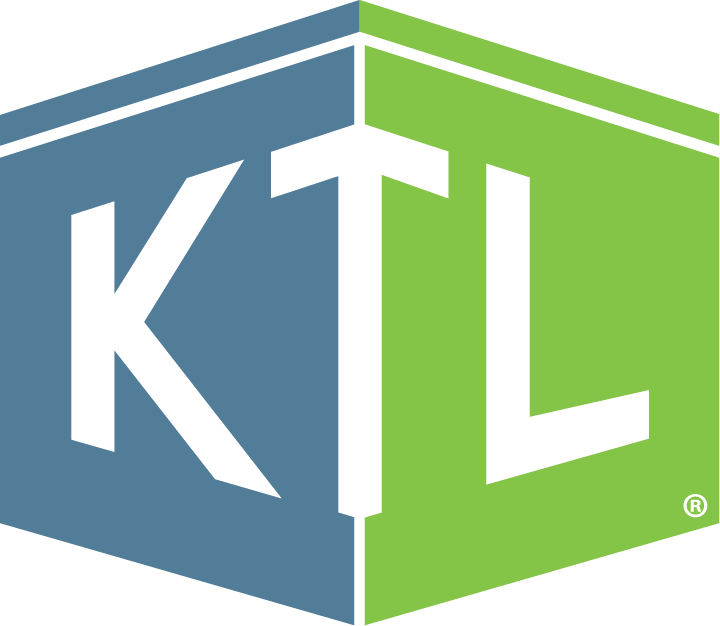
Food Safety
Comments: No Comments
The 20th Annual Food Safety Summit, held earlier in May, proved once again to be an engaging and informative meeting for all in attendance. During the four-day event, food safety professionals participated in interactive sessions focused on food safety in the supply chain.
Throughout the Summit, Kestrel’s food safety experts observed several common themes and challenges that the food industry is facing — challenges that your business may be encountering today. Here are some of our key takeaways:
Key Topics
This year’s Summit featured a supply chain focus. Every company in the food supply chain—those that produce, handle, or distribute food-grade products/ingredients—has an obligation to its customers to provide safe and quality food. The Summit began with six certification programs related to food safety across the supply chain, including Preventive Control for Human Food, Foreign Supplier Verification, Professional Food Safety Auditor Training, Seafood HACCP, HACCP Training, and Certified in Comprehensive Food Safety.
The focus on food safety throughout the supply chain was discussed in lessons learned from recent food safety case studies, as well as in four afternoon workshops focused on departmental cooperation, traceability, effectively managing food safety, and global regulatory systems. In addition, the new Community Cafes provided attendees the chance to meet with the subject matter experts, including experts from Kestrel, for more in-depth conversations about topics focused on the supply chain.
Industry Trends
As is evident from the key topics covered at the Summit, the current trend is a much stronger focus on food safety within the global supply-chain, particularly coordination of various global regulatory systems, requirements, and agencies. Steve Mandernach of the Association of Food and Drug Officials (AFDO), Dr. Robert Tauxe of the Centers for Disease Control (CDC), Paul Keicker of the U.S. Department of Agriculture (USDA), and Stephen Ostroff from the U.S. Food and Drug Administration (FDA) participated in sessions on how the agencies are working together on food safety initiatives and the impact food safety. This included a conversation on whole genome sequencing of pathogens as a game changer for disease monitoring and response.
Ongoing Challenges
A major concern and ongoing challenge within the food safety community involves training regarding food safety responsibility across all levels of the organization. This not only includes large organizations with individuals who are directly responsible for food safety programs, but also smaller organizations where these responsibilities must be understood and followed by everyone at all levels. This corresponds to the need for food organizations to establish a much more comprehensive and effective food safety culture. The lack of this training, organizational responsibility, and overall culture is considered one of the primary causes of continued contaminated food outbreaks.
Regulatory Updates
In addition to the discussion regarding the use and benefits of whole genome sequencing, enforcement of FSMA and the expanding rules of Intentional Adulteration and Food Fraud Prevention Programs continue to be top areas of regulatory concern. Inspections and investigations related to supporting Food Safety Plans under these requirements will continue to expand, as evidence of compliance is required by all food organizations under the law.
Food Safety Summit 2019
Plans are already being made for the 21st Anniversary of the Food Safety Summit, which will again be held at the Donald E. Stephens Convention Center in Rosemont, IL from Monday, May 6 through Thursday, May 9, 2019. Mark your calendar. Kestrel looks forward to being an active sponsor and participant again next year.
